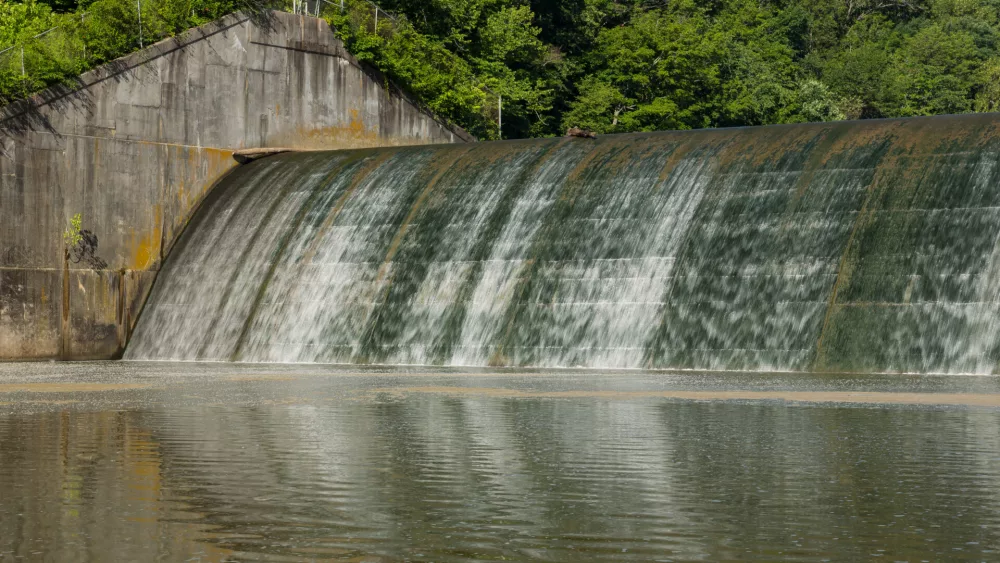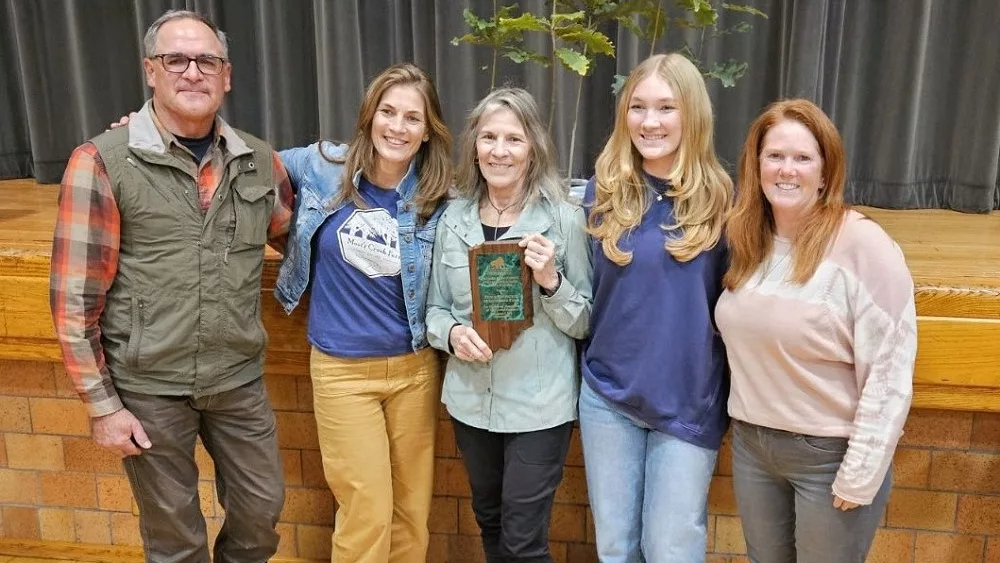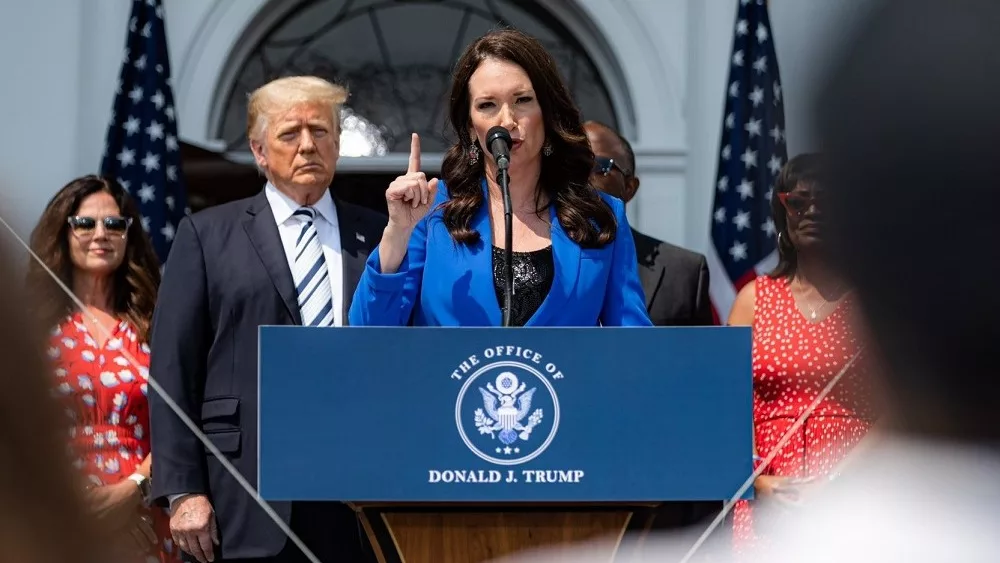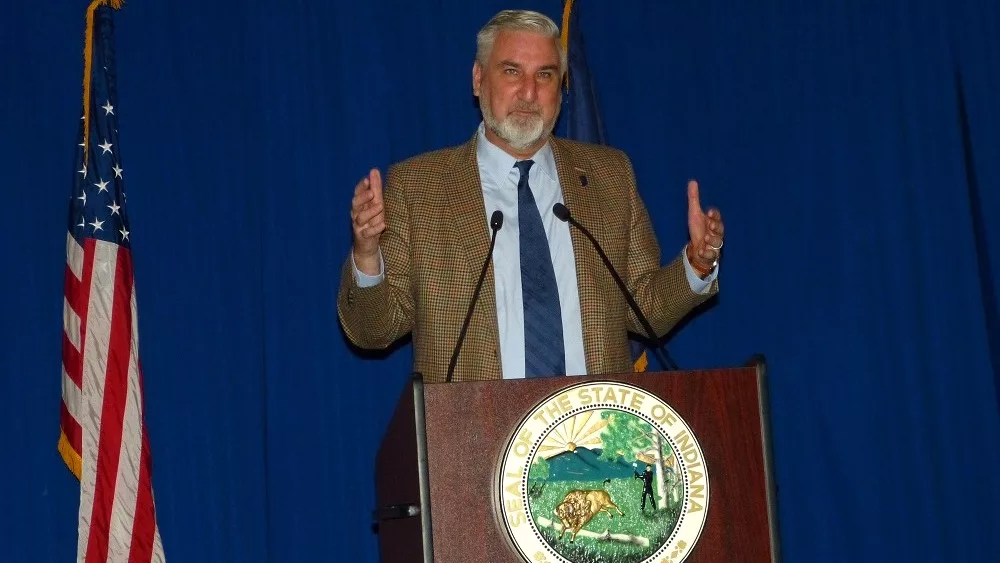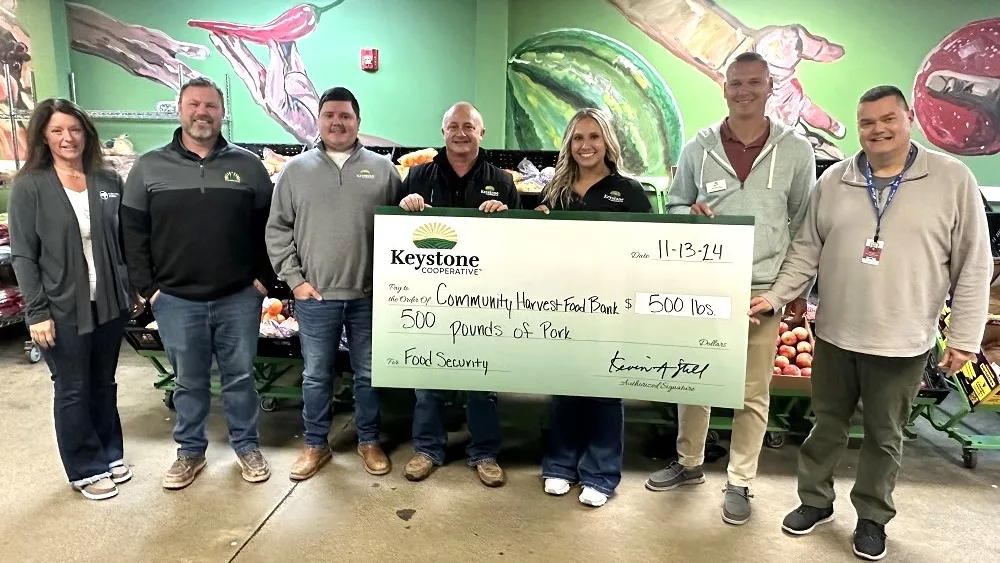The State Soil Conservation Board (SSCB) is allotting over $2 million in Clean Water Indiana (CWI) grants for 2023, which is a $1 million increase over 2022.
This increased funding was allocated by the Indiana General Assembly during the 2023 legislative session. The Indiana State Department of Agriculture’s (ISDA) Division of Soil Conservation was awarded over $5 million additional dollars this year. The SSCB recently voted on how to spend the money and declared to increase funding to key water quality and conservation programs, including Clean Water Indiana’s competitive grant program.
Clean Water Indiana was established to provide financial assistance to landowners and conservation groups and supports the implementation of conservation practices which will reduce nonpoint sources of water pollution through education, technical assistance, training and cost sharing programs. Programs under the Clean Water Indiana fund are administered by ISDA’s Division of Soil Conservation subject to direction from the SSCB.
“We are so grateful to the Indiana General Assembly who recognized the importance of water quality in our state and allocated these additional funds to Clean Water Indiana during the past legislative session,” said Don Lamb, Director of the Indiana State Department of Agriculture. “This increased funding for ISDA’s Clean Water Indiana program will assist soil conservation districts across the state as they work hand in hand with our Indiana farmers and landowners.”
There are more than double the amount of available funds to be awarded through a competitive grant process under Clean Water Indiana, with the State Soil Conservation Board voting to increase the grant pool to $2,000,000.
This funding will primarily be used to fund conservation projects and programs at the local level, with typical grantees being some of Indiana’s 92 Soil and Water Conservation Districts, and other conservation organizations. The SSCB expects grant application dollar requests to exceed the available funding. Typical projects include cost-share programs for on-farm conservation best management practices, staffing positions for direct landowner technical assistance and district administration, water quality and soil conservation education programs and more.
“The Clean Water Indiana grants go a long way in ensuring Hoosier landowners and local soil and water conservation districts have the funding they need to complete critical water projects,” said Brad Dawson, Clean Water Indiana grant committee member. “Each year it is amazing to see the types of projects brought to us for funding, and we notice that they are located all across the state, which in turn helps the waterways statewide. Last year we were able to grant a little over $600,000, so I am extremely excited to see increased funding and be able to award more projects, and clean more waterways, going forward.”
The members of the Clean Water Indiana grants committee are Amy Burris, Kenny Cain and Brad Dawson. The SSCB is accepting competitive proposals for targeted projects up to three years in length. Applications are open and are due Sept. 8, 2023 at 12 p.m. E.T. To apply please visit isda.in.gov.
Additional key funding from Clean Water Indiana will go towards expanding Indiana Conservation Reserve Enhancement Program, matching dollars available to Soil and Water Conservation Districts, and as match for Inflation Reduction Act proposals through the United States Department of Agriculture.
“As Secretary of Agriculture, I know how hard Hoosier farmers work to be good stewards of the land,” said Lt. Gov. Suzanne Crouch, Indiana’s Secretary of Agriculture and Rural Development. “So, I was pleased to see the legislature acknowledge the importance of soil and water conversation in Indiana by providing additional funding to Clean Water Indiana this past legislative session.”
For more information on soil conservation and water quality initiatives please visit isda.in.gov.
Source: Indiana State Department of Agriculture.

